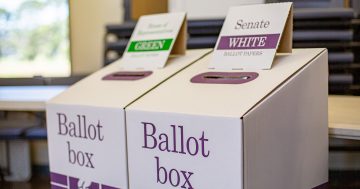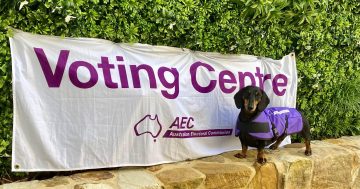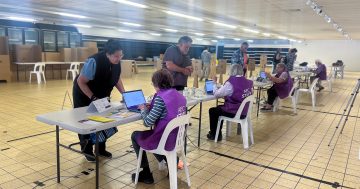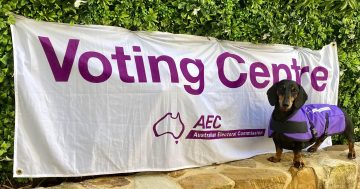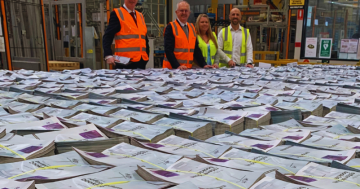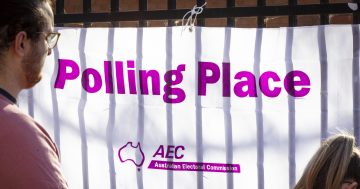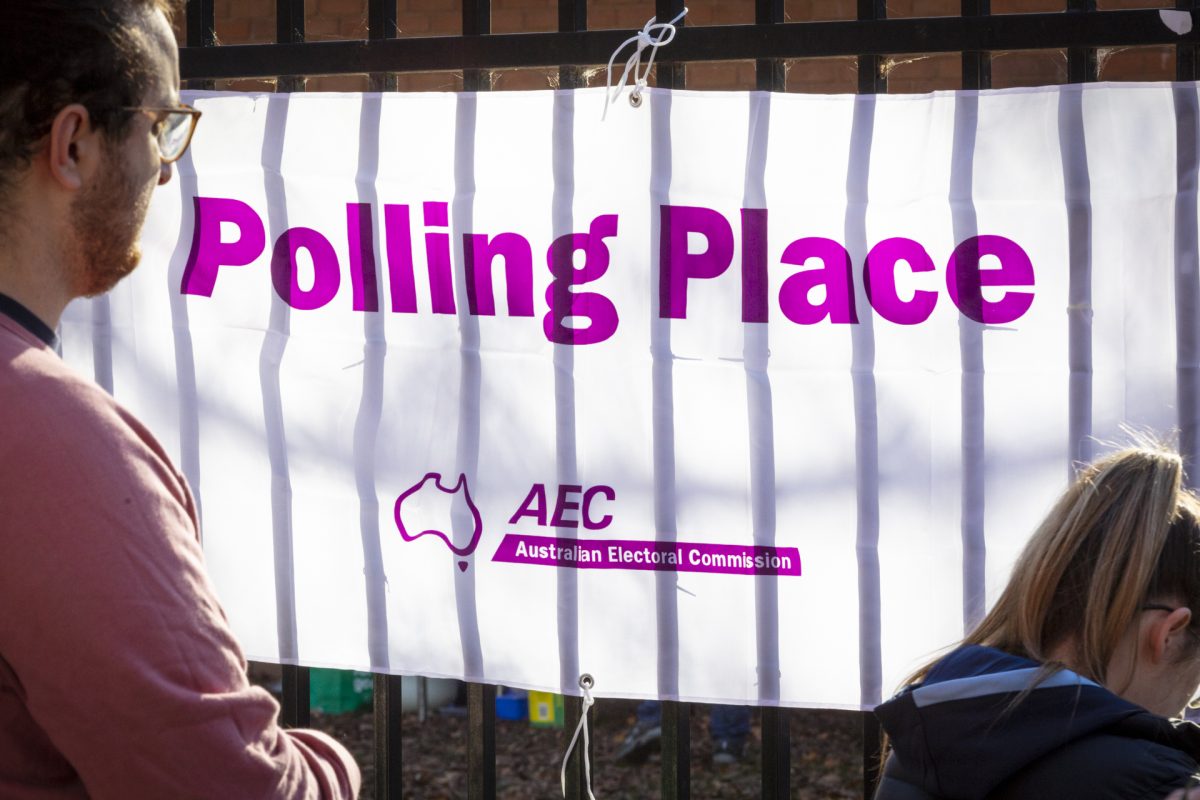
Elections are Australia’s largest peacetime event delivered by a small group of people. Photo: AEC.
The Australian Electoral Commission is at the forefront of protecting the nation’s democracy at a time when trust in government institutions is hardly at a high point.
How to address a decline of trust in the public sector was an emerging theme of day one of the Institute of Public Administration Australia’s national conference, currently being held in Canberra.
Opening the conference, IPAA national president Renée Leon said public servants needed to rise to the challenge of change and ensure the public service’s integrity was protected.
“We’re looking to test your adaptability as we look to the future,” Professor Leon told the audience of mostly Australian Public Service employees.
Dr Allan Resenbaum from the American Society for Public Administration beamed into the conference via videolink to highlight the breakdown in institutional trust in the United States.
“Donald Trump taught us in a very, very clear way that there are threats to the structures of democracy,” he said.
“Undermining knowledge, truth and facts. There’s no government structure that says you have to respect those things, but it’s an accepted foundation of democracy.”
Australian Electoral Commissioner Tom Rogers presented the prime example of a federal agency working overtime to protect Australia’s democracy and electoral system.
“When you think about elections … they really are the foundation of our democratic system,” he said.
“It really is Australia’s largest peacetime event delivered by a small group of people.”
For this year’s federal election, the AEC had 121,000 temporary staff, 500 early voting centres, 4.5 million pencils, 60 million ballot papers, 105,000 voting screens, 7,000 polling places, 70,000 ballot boxes, 10,000 recycling bins, 10.5 million guides, and 850,000 security seals.
Mr Rogers said delivering an election Australians could trust was protecting the nation’s democracy.
He said elections are as much about the loser as the winner, with the AEC having to trust that the loser will accept the result.
He pointed to democracies around the world where losers and their supporters did not so readily accept election outcomes.
“The issue with those democracies wasn’t the delivery of the elections, it was the collapse of the reputation of those elections,” he said.
The critical thing, he said, is to position the AEC as the election expert in all of Australia.
To do this, the AEC set up a misinformation register to call out false and misleading statements during the federal election campaign – and named who was distributing it.
The initiatives in place were, he said, global best practice.
“That was in May. I think now they represent the minimum-standard for delivering an election.”
He said elections were not just about their execution but also protection, education and regulation.
In addition to federal elections, the AEC manages about 1000 industrial elections each year.
“So every day, we are conducting an election somewhere,” he said.
But he noted that much is expected of the electoral commission from the Australian public.
“Even if Mars attacked a polling place, something we could not in our wildest dreams ever imagine happening, the response would be that ‘well the AEC had three years, they should have prepared for it’,” he said.












